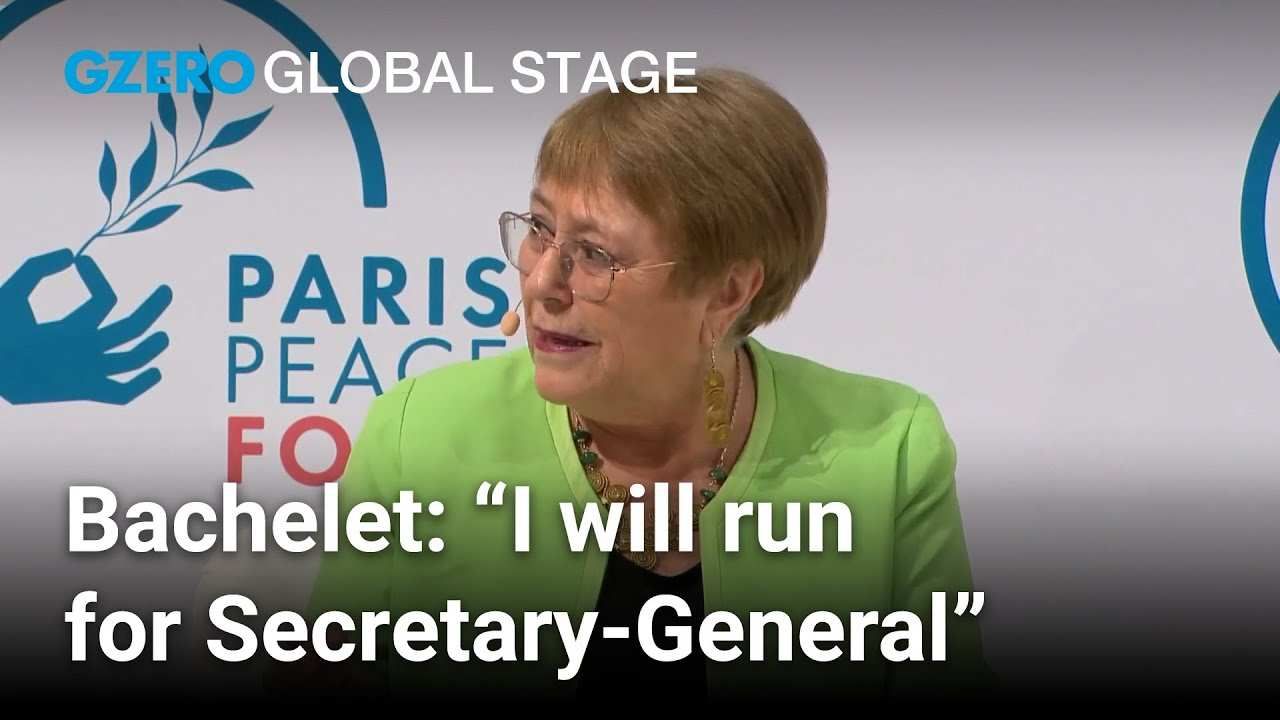WHAT WE'RE WATCHING
More Brexit Bewilderment – Following yesterday's parliamentary votes, which failed to approve any alternative to Prime Minister Theresa May's Brexit plan, she is now weighing whether to try and get it through one last time. Although Parliament has already soundly rejected it three times, it now looks to be the least tumultuous path forward, and a fourth vote could be held by the end of the week. Another round of indicative votes is also expected in Parliament tomorrow. If both votes fail, new elections or a second referendum might be the only way to break Britain's bewildering political paralysis. But the clock is ticking: the UK has only until April 12 to decide what it wants to do. If it doesn't, the EU has to either give London even more time to sort things out, or allow the UK to careen out of the Union without any deal on future economic ties.
Bouteflika's next/last move – Oil-rich Algeria's severely disabled 82-year-old president has said he will step down before his term ends later this month, responding to weeks of protests that began when he announced he would seek a fifth-straight term in office. Will the early resignation quell the protests? A lot will depend on whether Bouteflika's exit opens the way to a more accountable political system or whether, as many fear, it will merely pave the way for military brass and other cronies around Bouteflika to make cosmetic changes that do little to address the country's problems. We aren't optimistic, but we are watching....
WHAT WE'RE IGNORING
Rational explanations for Garfields on the beach – For thirty years, novelty telephones shaped like the grumpy cartoon cat Garfield (one of your author's Saturday morning favorites as a child) have been washing up on a beach in Northwestern France. No one knew why until volunteers cleaning the beach recently discovered that the feline phones were washing out of a shipping container that had fallen off a boat in the 1980s and become lodged in a nearby sea cave. Ok, we understand that shipping companies lose an average of 1,500 containers on the high seas every year and that this is a rational explanation, but we were really hoping there was some larger supernatural force that might send thousands of Nermal washing up in Plymouth, England to antagonize Garfield from across the channelIrrational explanations for the Rise of Nazism – One of Brazilian President JairBolsonaro's favorite political gurus is a 71-year-old, chain-smoking, foul-mouthed, autodidact philosopher from Brazil who lives in Virginia. Olavo de Carvalho's eccentric broadsides against "the left" and "globalists" are immensely popular with the Brazilian far right, and also with Steve Bannon (remember him?). But Mr. Carvalho's ideas sometimes go beyond the eccentric into the flat out, well, crazy: this weekend he tweeted that Stalin had in fact created Nazism as part of a broader plan to subjugate Eastern Europe. While we are ignoring the historical illiteracy of this suggestion, we are paying attention to what Carvalho says, because he exerts huge influence over Brazil's education policy, which Bolsonaro has made a point of reshaping since the moment he won Brazil's presidential election late last year.
